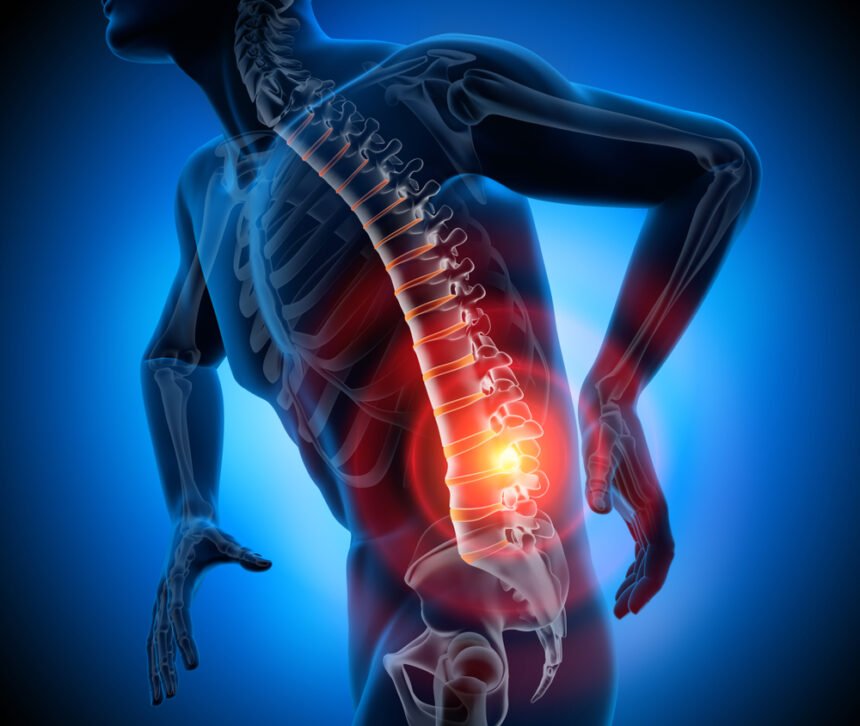Spinal cord injuries are unfortunately quite common in car accident victims as the impact of the collision can disrupt and injure the surrounding tissue, such as ligaments, vertebrae, and discs. In some severe cases, spinal cord injuries can cause paralysis. Even though victims can recover in less severe cases, spinal cord injury recovery is often a long and slow road. There are a lot of things that you need to do to protect your spinal health.
Suppose you have suffered a spinal cord injury that is the direct result of an accident. In that case, you could claim compensation for your unfortunate experience, depending on the specifics of the incident. However, it is best to rely upon professional advice and guidance from an expert injury lawyer to understand your legal rights.
With that said, when it comes to recovering from a spinal cord injury, you should prepare yourself for a lengthy healing process as spinal cord injuries can be exceptionally severe. To help you speed up your recovery and boost your spirits, we have listed a few practical self-care tips.
Plan A Daily Routine That Includes Small Tasks
While recovering from any major injury and required surgical procedures that may follow, it’s common to experience a massive decline in self-confidence as your ability to complete everyday tasks is in jeopardy. However, the best way to overcome the emotional impacts of your new restrictions is to create a daily routine that includes even the smallest of tasks. Completing just a few small tasks each day will help you keep your confidence intact while regaining your life. In addition to small tasks, you should also create a strict routine of positive habits, such as walking and going to bed at a set time each day, eating meals at the same time, etc.
Keeping to a routine will keep you on track and help you avoid feeling as though your injuries have rendered you incapable of living your life. It will be a challenge to maintain your routine, especially if your injuries have rendered you unable to walk permanently. It is critical to remember that many individuals endure accidents that leave them paralyzed and can regain their passion for life. As a result, you should consider reading motivational stories of individuals who have overcome the challenges of paralysis to keep you positive while recovering and getting your life back together
Exercise And Stay As Active As Possible
While there’s no doubt that your injury’s restrictions will reduce your ability to stay as active as you once could, you should not abandon the idea of exercise altogether. Physical activity can speed up recovery substantially as a science-backed fact. What’s more, the endorphins released in the brain when exercising will help boost your overall mood, keeping you positive regardless of your challenging situation.
It is best to exercise with the help of physiotherapy to avoid further harming your area of injury, as physiotherapy sessions will include specialized exercises that will also help you manage pain and rebuild your strength. Even if you have been left paralyzed as a result of the accident that injured your spinal cord, you should consider physiotherapy sessions to help you regain your stress, heal from your injuries, and adapt to your new restrictions.
Find Positive Ways To Come To Terms With The Incident
You may be feeling angered by the events that led to your injury. While you are entitled to feel injustice, harboring these emotions can lead to depression and other mental conditions that will deplete your sense of wellbeing. Instead, you should find ways to come to terms with the terms of the incident to overcome any ill feelings holding you back from moving forward.
You could consider therapy sessions to let you speak openly about your situation and reset your thought patterns to a more optimistic tune. Alternatively, you could consider meditation practices that will help you make amends with your current situation and regain control of your emotions and mental state. In addition to this, speaking to friends and family is a great way to open up about your experience and move past the traumatic ordeal that left you injured.
Spinal cord injuries are considered severe, and while you have a long road to recovery, a positive mindset will help you recover faster as the body and mind work together. Instead of relying only on physical treatments, you should consider self-care that will assist with the mental and emotional impacts of your injury. Even though spinal cord injuries are physical setbacks, the emotional implications of the incident can hinder your ability to recover, as the body and mind work together in unity. There are countless cases in which positive individuals prove to heal faster from physical injuries. As a result, you should prioritize your mental and emotional wellbeing when recovering from a spinal cord injury.








